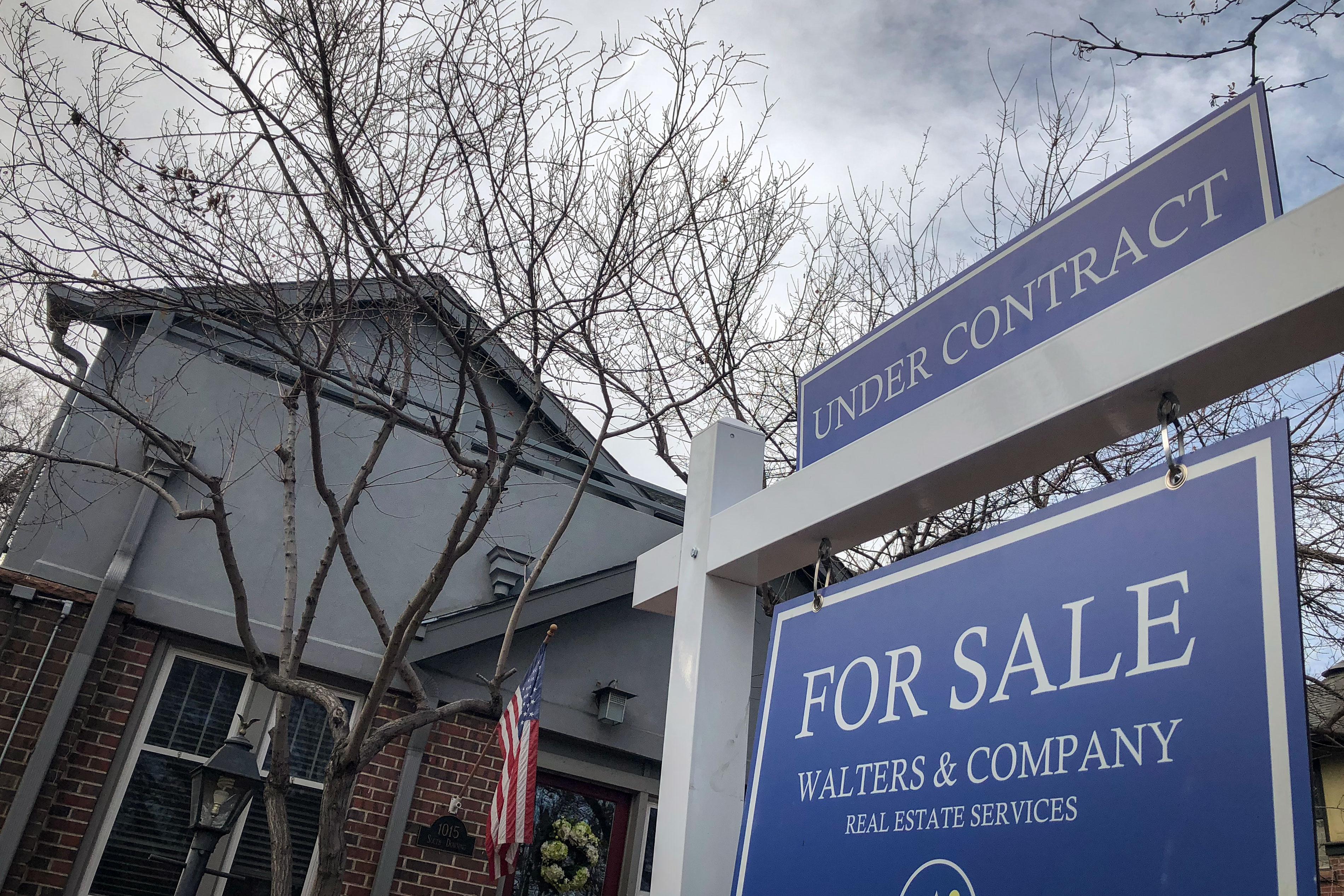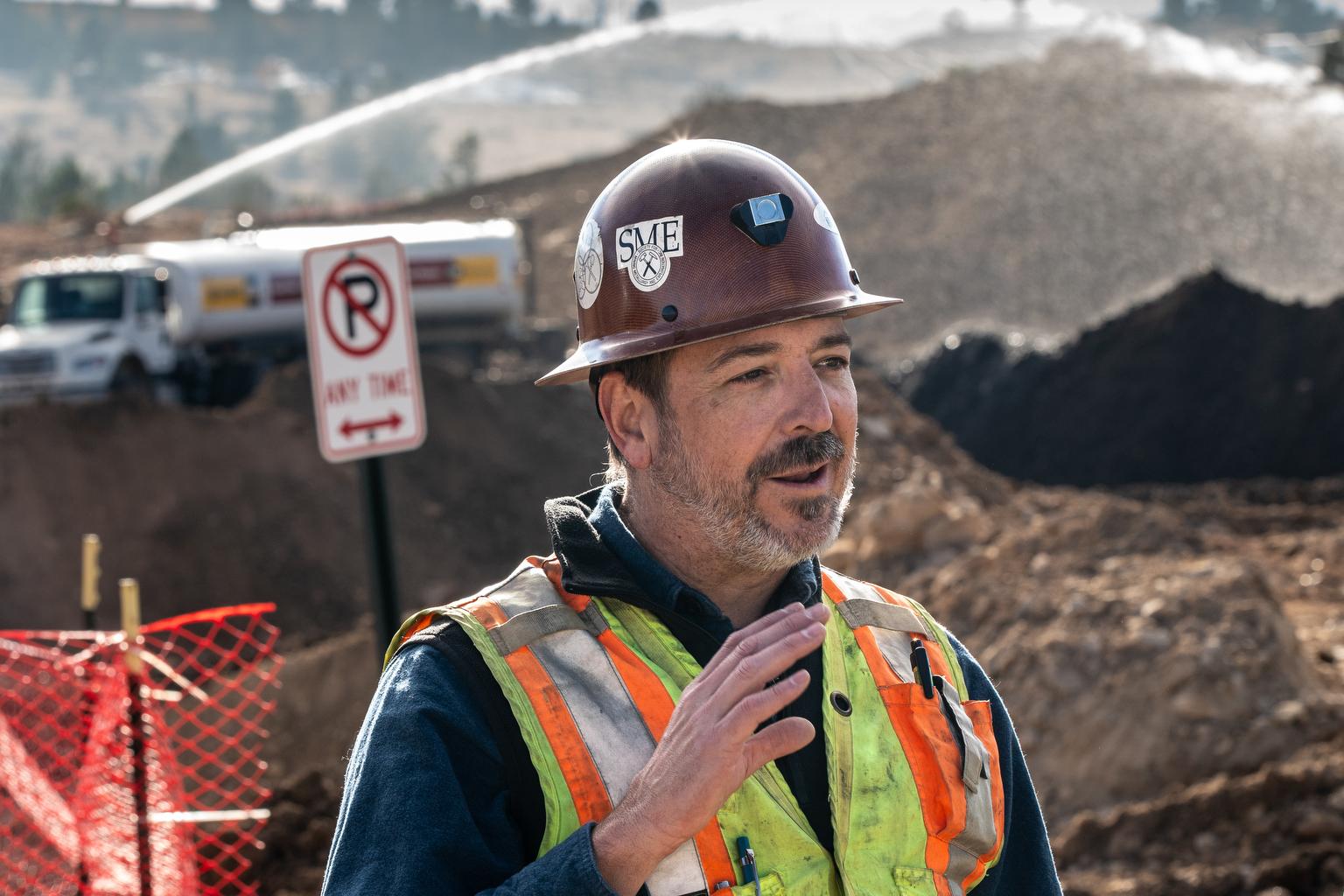

There’s a deluge of housing data that paints an interesting picture though, Denver may have entered new territory when it comes to its housing crunch.
December 2017 closed with the lowest number of active listings of any month as far back as the statistics go, 3,854 existing homes for sale in metro Denver. Just after the Great Recession, a typical December would have 6,000 to 19,000 listings.
This lack of for sale homes is not unique to Denver, but the region still has one of the tightest markets in the country. RE/MAX looks at inventory at all the major U.S. markets, and its latest analysis could only find two cities with fewer homes for sale relative to demand — Seattle and San Francisco.
According to RE/MAX it would take only a month and a half to get sell all of the current properties on the market. A balanced market is considered to have six months of supply.
So why is supply so low? On the new home side, builders aren’t building enough homes. In 2017, metro area contractors started 11,958 new homes, up 7.5 percent over 2016, according to Metrostudy.
That’s way below what homebuilders typically started in the years before the recession. Builders say that’s due to a lack of lots to build on, and a lack of qualified labor. There is new construction, but what is being built is expensive, above a price point where they can make money.
That accounts for the new home side, but why are there so few existing homes for sale?
That’s more of a mystery. A theory that’s been floated by a prominent housing economist says that during the recession investors swooped in and purchased many of the foreclosed homes that hit the market and rented them. They’re now not putting those homes up for sale for some reason, even though prices have gone up so much in the last five years. If this is what’s happening, then it still must make more sense for these investors to keep renting those properties rather than sell.
People in the Denver metro are staying in their homes about twice as long as they used to. That comes to 8 years on average, according to data provided by Attom Data Solutions. Instead of listing a home, many potential sellers are remodeling, to make them more age-friendly or sprucing them up to make it feel new.
There’s a catch-22 at work as well. Potential sellers may not want to list their home because they won’t be able to find another home — still a common problem in Denver.
But what about the demand side of the equation?
The Denver-Boulder area is still booming: 318,634 people have moved here since 2010 and they’re competing for an ever-shrinking pool of affordable homes. The appetite to own is still high, according to national surveys. Rents have stabilized recently, but are up 44 percent since 2013.
It’s frustrating for buyers. With so many people looking for homes, open house tours are crowded, and by the time the tour is over the house can have multiple offers.
Ten years ago the housing crisis was about people getting kicked out of homes, now it’s about people not being able to get into homes. The homeownership rate in Denver and Colorado never bounced back to pre-recession highs. The Census Bureau said it was 72.1 percent in early 2005, it’s now down to 62 percent at the end of 2017.
That’s a problem because homeownership is the primary way many in the middle class build wealth. If there aren’t affordable options to buy, then there’s no choice for some people. And that may explain why home price increases in Denver have begun to stabilize a bit lately.
In November 2017, the latest month available from S&P Case Shiller, Denver was up only half as much as Seattle. Denver prices were 7 percent greater than the year before, far below the double digit, nation-leading price growth it had a few years ago.
Real estate agents say that’s in part because the lack of affordable options is starting to slow the market a bit.
Now, We Want To Hear From You
Are you a home buyer dealing with this? Maybe you’ve been frustrated by the lack of affordable options? Are you moving to, or thinking of moving to, cheaper far off places, like Colorado Springs, Watkins or Fort Lupton and commuting into Denver? Maybe you’re building a dwelling unit behind mom’s house? Or perhaps you’ve just stopped looking altogether?
Let us know, email [email protected] or tweet @CPRMarkus or @NewsCPR.









